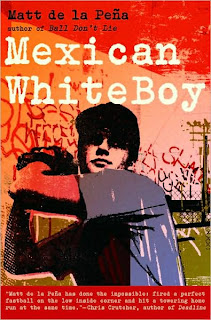Stress vs. Creativity
 |
| Calvin & Hobbes |
We know the feeling of the victorious, last-minute inspiration (even if it never seems to turn out well for Calvin!). But what have we learned about stress and creativity when the stress is prolonged and environmental? Would subjects' creativity processes suffer when the heat was on? The answer: yes. Creativity suffers under prolonged and environmental stress.
The study, "Environmental Stressor Effects on Creativity and Decision Making" by Shanteau (Kansas State) and Dino (Frostburg State), focuses on the question: "What happens to higher cognitive processes when people are exposed to long-term environmental stressors?". The results: "Control subjects did not show systematic changes in any of the tasks. This pattern of results suggests that environmental stressors had little effect on well-structured tasks requiring clearly identified processing strategies. Larger effects were observed however, for tasks calling for creative responses based on strategies that could not be identified in advance." (Italics mine) This is creativity. The ability to take what you know and utilize it in an unanticipated activity. The ability even to acquire or learn requires some level of creativity. We must be able to imagine that there is an unknown and use processing required to make the vision reality.
Why is this especially important in a classroom
or
writing community setting?
Knowing that this pattern, key for productivity, is the one disrupted by the stress- we can see that this could be crucial when constructing our communities. Also important are the ways in which the study inflicted stress: regulated bathroom breaks that did not correspond to need, noisy background, over-crowded conditions, room temperatures that were uncomfortable.... sound familiar? Some , if not all of these, are present at some point in a typical school day. Especially, and most unfortunately, in lower income areas where the students may arrive at school having already experienced these stressors (unmet physical needs, noise, overcrowding). Just being aware that these cause stress for students may help us as we design our classroom writing communities.
This is not just important for student but for teacher. Both are affected by unmet needs for quiet, the bathroom, having enough space. Both are stressed by these unmet needs. The student needs to imagine in order to learn. The teacher needs, among other things, that "ability to have regard for students' perspective". (Gladwell, "Most Likely to Succeed") Both of these things require creativity. And both teacher and student must live in community.
Tomorrow: Last-Minute Panic! (Part 2)....


.jpg)




